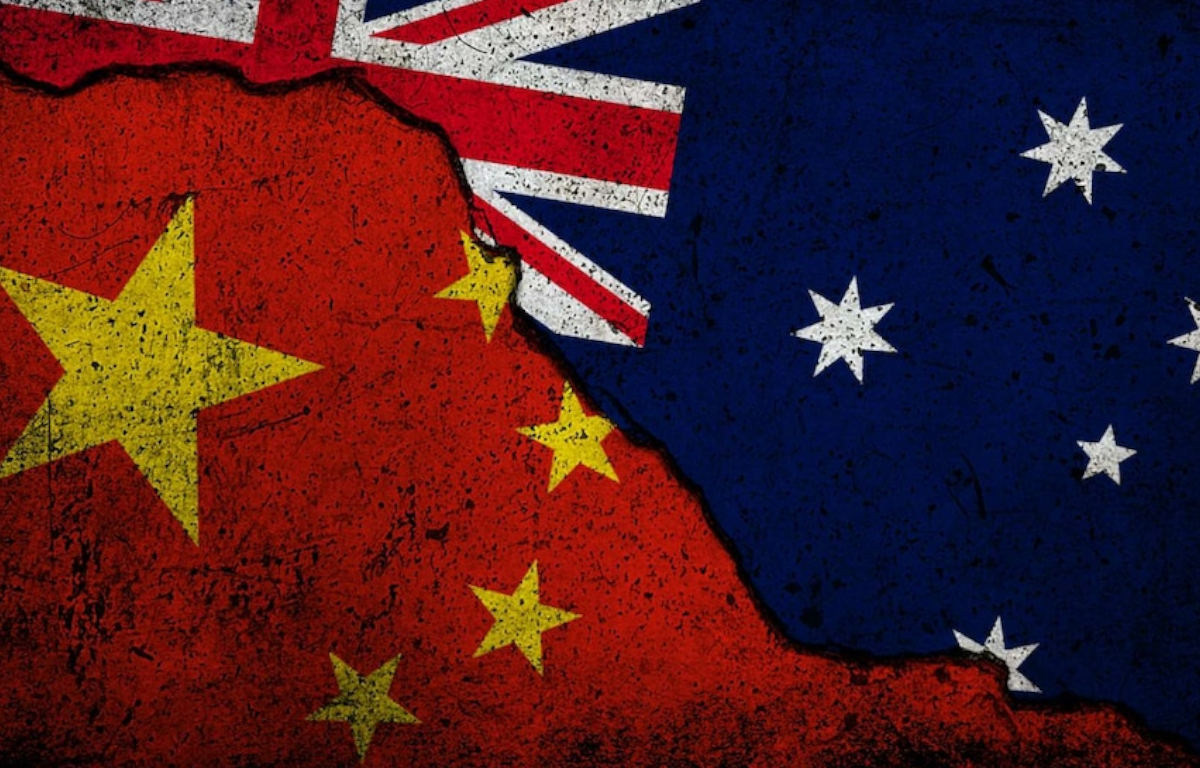
This plea comes amidst ongoing concerns about the imbalance in flight operations between the two countries and its impact on the competitiveness of American carriers.
At present, Chinese airlines operate a significantly higher number of flights to and from the United States compared to their American counterparts. This has created an uneven playing field, with Chinese carriers enjoying greater access to US airports while US airlines face restrictions in China. The imbalance has been a longstanding issue, prompting US airlines to raise objections and seek a fairer distribution of flight rights.
The primary concern raised by US airlines is the lack of reciprocity in the aviation agreement between the US and China. While Chinese carriers have expanded their operations in the US market, US airlines have encountered barriers and limitations in accessing Chinese airports. This disparity not only affects the commercial viability of US airlines but also undermines fair competition and market dynamics.
Moreover, US airlines argue that approving additional flights for Chinese carriers without addressing the underlying issues of market access and regulatory barriers would exacerbate the imbalance. They emphasize the need for a level playing field that ensures equal opportunities for both US and Chinese airlines to operate in each other’s markets.
The imbalance in US-China flight operations has broader implications for the aviation industry. It not only affects airline revenues and market share but also influences route planning, investment decisions, and overall competitiveness. US airlines contend that a fair and equitable aviation framework is essential for fostering healthy competition, promoting consumer choice, and driving innovation in the sector.
Furthermore, the COVID-19 pandemic has added complexities to international air travel, leading to fluctuations in demand and operational challenges. As the industry navigates recovery and adapts to evolving travel trends, addressing regulatory disparities between countries becomes crucial for ensuring a sustainable and resilient aviation ecosystem.
US airlines are advocating for a collaborative approach between the US government and Chinese authorities to address the issues of market access, route rights, and regulatory transparency. They stress the importance of bilateral negotiations that promote fair competition, reciprocity, and adherence to international aviation standards.
While acknowledging the strategic importance of the US-China aviation market, US airlines emphasize the need for policies that protect the interests of American carriers and uphold a level playing field. They urge the Biden administration to carefully consider the implications of approving additional flights for Chinese airlines without addressing the underlying structural challenges in the aviation relationship.
The outcome of discussions between US airlines and the Biden administration regarding US-China flight approvals will have significant ramifications for the aviation industry. Balancing commercial interests, regulatory frameworks, and bilateral relations will require thoughtful deliberation and proactive engagement from all stakeholders.
As the global aviation landscape evolves, addressing regulatory disparities and fostering a fair and competitive environment will be paramount for sustaining a vibrant and resilient air travel sector. The collaboration between governments and airlines plays a pivotal role in shaping the future of international air connectivity and ensuring mutual benefits for passengers, carriers, and economies alike.










Share this: